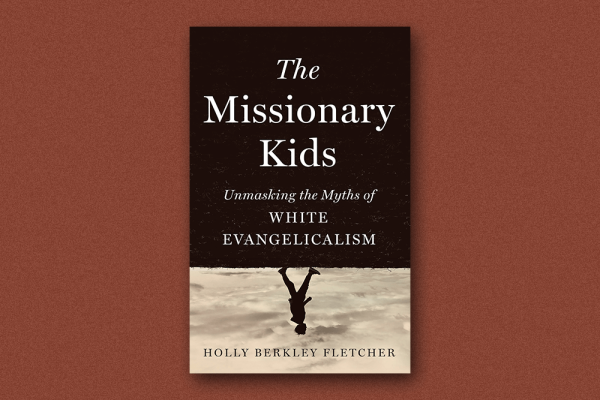When Holly Berkley Fletcher was a child, she once heard her missionary parents “literally introduced as ‘Super Christians.’” In a white American evangelical culture that idolizes missionaries in this way, how do we speak honestly about the harm missions too often leave in their wake? In Fletcher’s new book The Missionary Kids: Unmasking the Myths of White Evangelicalism (Broadleaf Books), missionaries’ grown children offer a complex and fascinating perspective.
Fletcher—a historian, former CIA analyst, and missionary kid (MK) herself—draws on extensive research, her own experience as an MK, and surveys and interviews with fellow MKs to present a wide-ranging look at MKs’ experiences. Without losing sight of the noble intentions of most missionaries and the good work that many of them do, she pulls back the curtain on the perceived saintliness of missionaries, uncovering an alarming multitude of systemic harms. In doing so, she exposes key myths at the core of white American evangelicalism itself.
Read the Full Article

